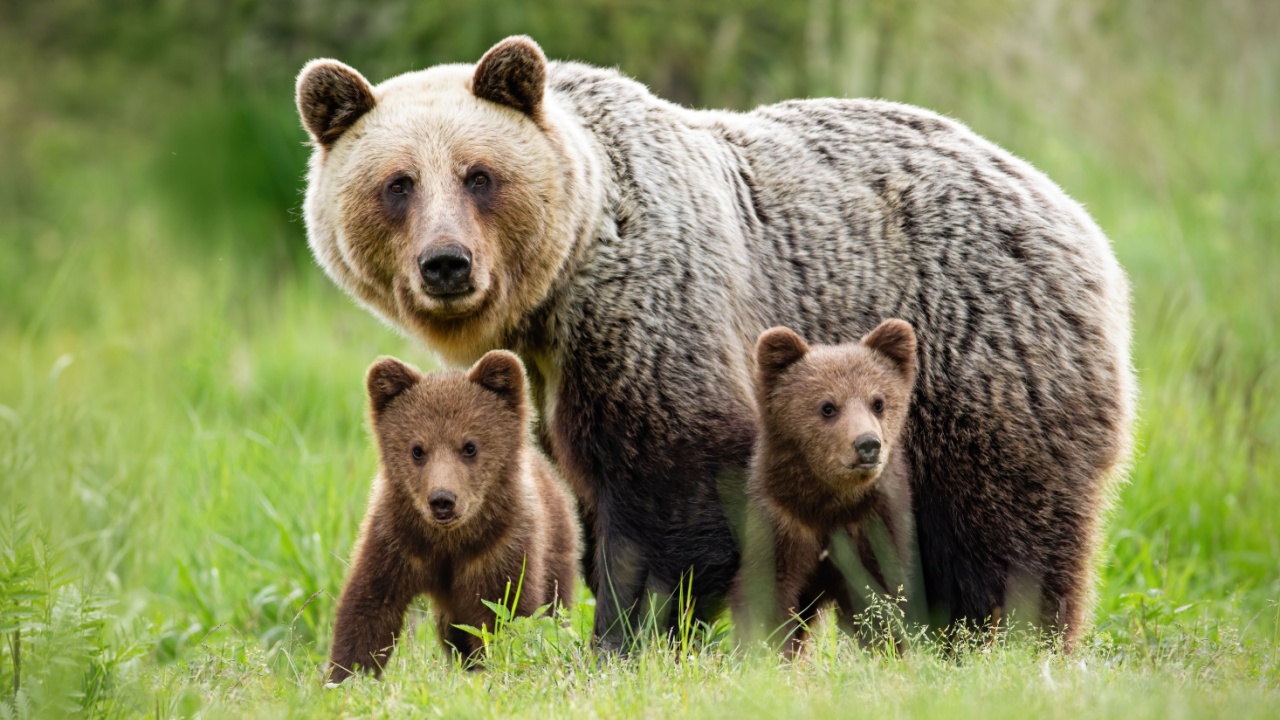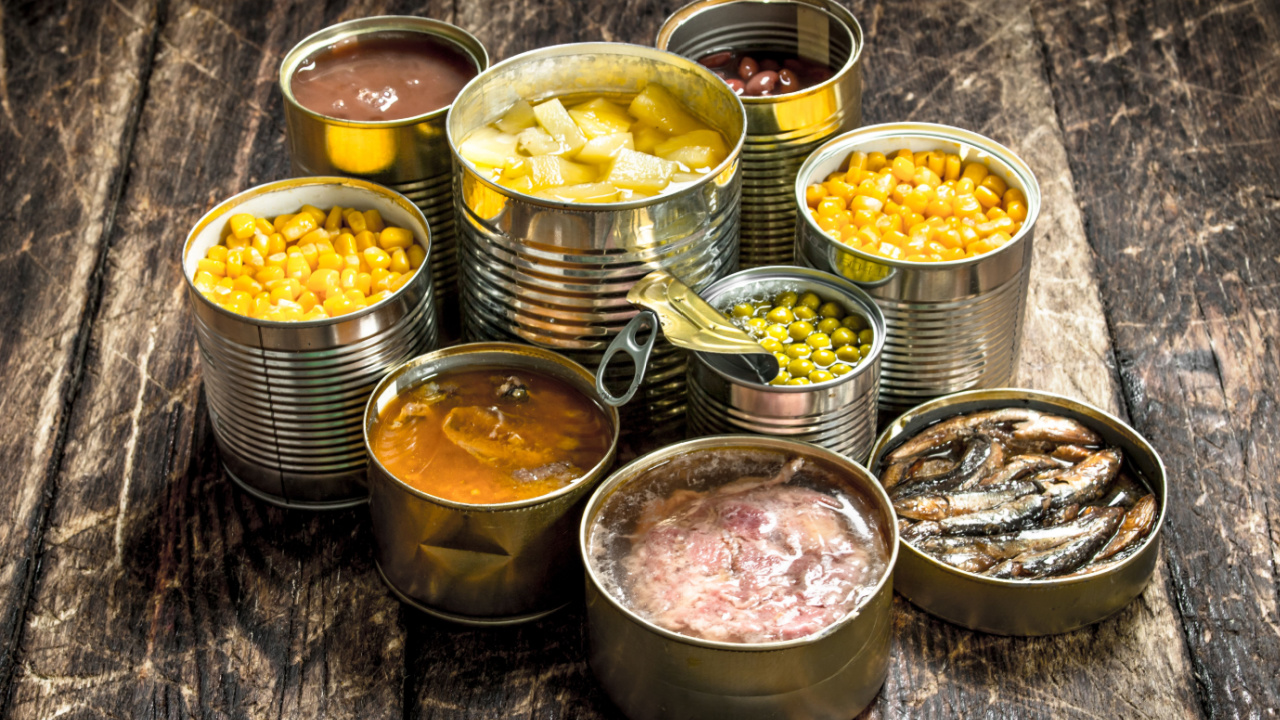Nature is full of wonders, and encountering wild animals can be an exhilarating experience. However, you’ve got to remember that these creatures are unpredictable and can be dangerous if approached or startled. To ensure your safety and the well-being of the animals, here are 15 lifesaving tips for when you find yourself face-to-face with a wild animal.
1. Stay Calm and Assess the Situation

When you encounter a wild animal, the most important thing is to remain calm. Take a deep breath and assess the situation. Is the animal aware of your presence? Is it showing signs of aggression or fear? Understanding the animal’s behavior can help you determine the best course of action.
2. Keep a Safe Distance

Always maintain a safe distance from wild animals. Many animals have a “fight or flight” response when they feel threatened, and getting too close can trigger an aggressive reaction. Use binoculars or a camera with a zoom lens to observe the animal from afar.
3. Never Feed Wild Animals

Feeding wild animals is a big no-no. It can it make them dependent on human food and lead to aggressive behavior when they associate humans with food. Keep all food and trash securely stored and out of reach of wildlife.
4. Make Noise and Look Big

If an animal seems aggressive or approaches you, make yourself look as big as possible by raising your arms and making noise. Shout, clap your hands, or use a whistle to scare the animal away. This works particularly well with predators like mountain lions or coyotes.
5. Don’t Run Away

Running away from a wild animal can trigger its predatory instinct, causing it to chase you. Instead, back away slowly while facing the animal and avoiding direct eye contact. If the animal follows you, stop and stand your ground.
6. Know Your Bears

If you’re in bear country, it’s essential to know the difference between black bears and grizzly bears. Black bears are generally less aggressive and can often be scared away by making noise and looking big. Grizzly bears, on the other hand, are more territorial and may view you as a threat. If a grizzly bear charges, play dead by lying face down with your hands clasped behind your neck.
7. Give Snakes Space

Snakes are more afraid of you than you are of them. If you encounter a snake, give it plenty of space and allow it to slither away. Most snakes will only bite if they feel threatened or cornered.
8. Don’t Disturb Nesting Animals

Many animals, particularly birds, can become aggressive when protecting their young. If you come across a nest or den, give it a wide berth and avoid disturbing the animals. Mother animals can be fiercely protective and may attack if they feel their offspring are in danger.
9. Be Mindful of Your Surroundings

When hiking or camping in the wilderness, always be aware of your surroundings. Keep an eye out for animal tracks, droppings, or other signs of wildlife activity. Avoid areas with dense brush or tall grass where animals may be hiding.
10. Carry Bear Spray

If you’re in an area known for bear activity, carry bear spray and know how to use it. Bear spray is a form of pepper spray that can deter a charging bear. It’s important to note that bear spray is not a substitute for proper bear safety techniques and should only be used as a last resort.
11. Keep Dogs Leashed

If you’re hiking with your dog, keep them on a leash at all times. Dogs can provoke wild animals or chase them, leading to dangerous situations for both the dog and the owner. A leashed dog is also easier to control if you encounter wildlife.
12. Don’t Approach Marine Animals

If you’re lucky enough to spot marine animals like seals, sea lions, or whales, observe them from a distance. These animals may look cute and friendly, but they can be unpredictable and may bite if they feel threatened. It’s also illegal to approach or harass marine mammals under the Marine Mammal Protection Act.
13. Store Food Properly

When camping, store all food and scented items (like toothpaste and deodorant) in bear-proof containers or hang them from a tree at least 10 feet off the ground and 4 feet from the trunk. This helps prevent animals from being attracted to your campsite by the smell of food.
14. Learn Animal Behavior

Before venturing into the wilderness, take some time to learn about the behavior of the animals you may encounter. Knowing what signs to look for and how to interpret an animal’s body language can help you avoid dangerous situations and respond appropriately if an encounter occurs.
15. Respect Wildlife Habitats

Always remember to respect wildlife habitats. Observe animals from a distance, don’t disturb their natural behaviors, and leave no trace of your presence. By being responsible wildlife watchers, we can ensure that future generations will have the opportunity to enjoy these incredible creatures in their natural habitats.
20 Crucial Supplies for Surviving a Societal Collapse

In the face of uncertainty, being well-prepared gives you at least some degree of control and security. The thought of a societal collapse, while extreme, prompts us to consider how we might endure without the conveniences of our current lifestyle. Here’s a list of 20 essential items that could prove indispensable in such a scenario. This guide isn’t about succumbing to fear but embracing preparedness and resilience.
14 Essential Canned Goods for Your Emergency Pantry

I firmly believe in keeping a well-stocked emergency pantry. While fresh food is ideal, in a survival situation, we may not be that lucky. So, for my family, even though we grow a lot of our own food, canned goods play a crucial role in emergency preparedness. They offer a reliable source of nutrition when access to fresh produce may be limited. The goods you stockpile should be affordable, easy to store, and full of nutrition.
Best Regions in the U.S. to Escape to When Society Collapses

Choosing a refuge in the event of societal collapse involves weighing the pros and cons of each location against your personal preparedness goals and abilities. Whether you’re drawn to the solitude of the desert or the protective heights of the mountains, the key is finding a place that offers safety and the opportunity for growth and renewal.

